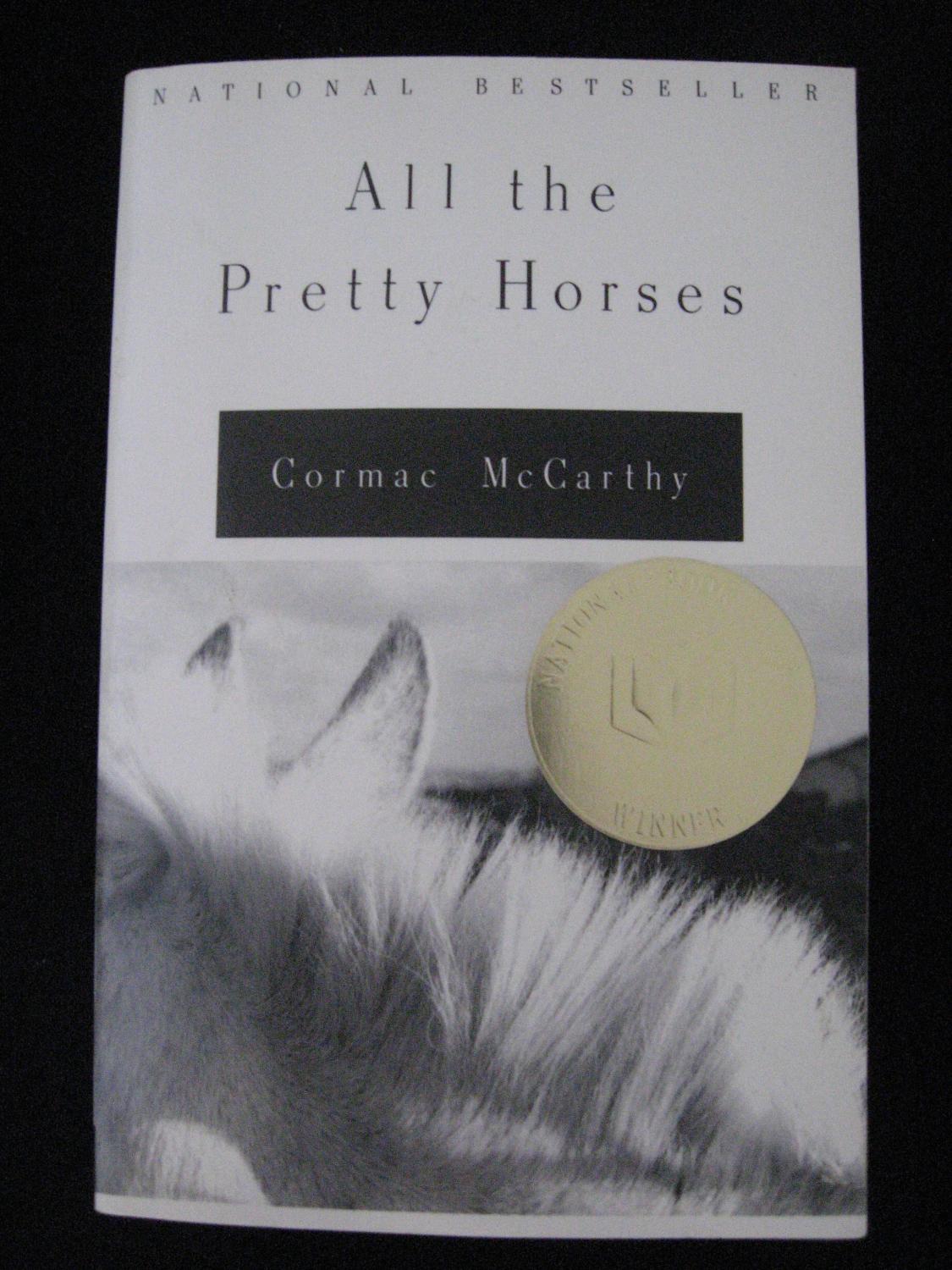

One is the maximalist voice of Walt Whitman’s “barbaric yawp,” of William Faulkner’s dizzying run-on sentences, of the pulpit oratory from preachers black and white, of the florid lyrics of Bob Dylan and Kendrick Lamar.

One of McCarthy’s great achievements as a writer has been his consistent ability to marry the two dominant strains in American literature. If, on the other hand, you’ve already read the bulk of his fiction, these late-career books offer some fascinating ideas and set pieces to chew on. I’m glad I read them, but I wouldn’t recommend them to anyone as a place to begin exploring McCarthy or his works. These volumes are obviously the work of a gifted prose stylist and a major thinker, even if they don’t quite work as novels, as such. Now he has reemerged with not one but two novels: The Passenger, published in October, and Stella Maris, published this month. After writing his five best-known-and, to my mind, best-novels between 19, McCarty published no fiction from 2007 through 2021 (just a screenplay and a philosophical treatise). Cormac McCarthy is one of America’s greatest writers-and with the death of Toni Morrison, probably our best living novelist and best chance at another Nobel Prize in Literature.


 0 kommentar(er)
0 kommentar(er)
